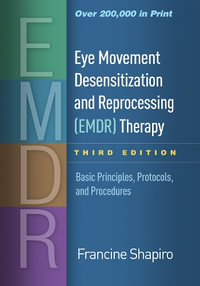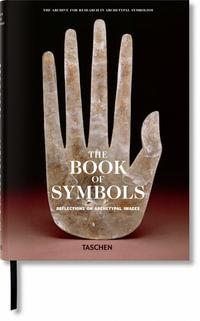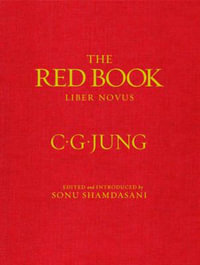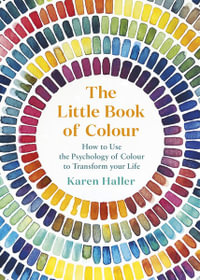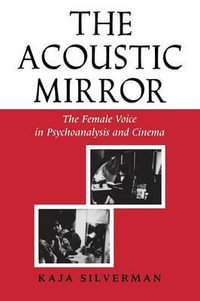'In this book Dr Rachman and Dr Mattick bring to bear a lifetime of interest and training to a fine-edge understanding of what constitutes honest and authentic communication - especially in a therapeutic two-person context. With a clear vision of the difference between hypothesis, assumption, and axiom, the authors compare and contrast the therapeutic technique proposed by the classic psychoanalytic Freudian method with that of the empathic method proposed by Sandor Ferenczi in his "Confusion of Tongues" discovery. The clinical case study of Freud's Dora is considered for discussion and analysis.'
Henry Kellerman is a psychologist, psychoanalyst and author; his latest book is The Psychoanalytic Codes: Encryption and Decryption
'Through the telescope of Ferenczi's "Confusion of Tongues" and relying on their vast and deep knowledge of Ferenczi, Arnold Rachman and Paul Mattick painstakingly reanalyze Freud's treatment of Dora while demonstrating the chasm between Freud's and Ferenczi's respective approaches. As they outline Freud's theories and techniques, the authors provide an alternative Ferenczian/relational approach that is certain to stir meaningful heuristic controversy.'
Robert J. Marshall is faculty at The Center for Modern Psychoanalytic Studies
'Every one of us who has studied psychoanalysis has spent some time on Freud's "Fragment of an Analysis of a Case of Hysteria", better known as his Dora case. It remains, over a hundred years after its initial publication, a controversial piece. It retains its ability to excite passionate debate. You could say that it is a tribute to Freud that he persisted with its publication, containing as it does such clear errors and failure on his part.
You might think that over the intervening years the field of literature on the case has filled to overflowing and that no one of us could have anything new to say on it or any new perspective to bring to it. Not so. In this refreshing new contribution Drs Rachman and Mattick offer their thoughts on a re-reading of the Dora case from the point of view of the Confusion of Tongue's theory of Sandor Ferenczi.
What they offer is nothing short of a paradigm shift for psychoanalysis. Pointing out failings in Freud's Oedipal interpretations they propose a whole new way of working within the psychoanalytic framework.
They propose a way of understanding the experience of psychoanalytic psychotherapy which includes at its core the analytic relationship, transference and equally importantly, countertransference.
This small volume is a timely and welcome addition to the lexicon. It will be of interest to students and professionals within the field of psychoanalysis and beyond. It will be of particular interest to those tracking changes in the direction of the field towards a more relational perspective in keeping with the development of the Budapest School of thought.'
Fergal Brady, president, The Irish Psycho-Analytical Association

